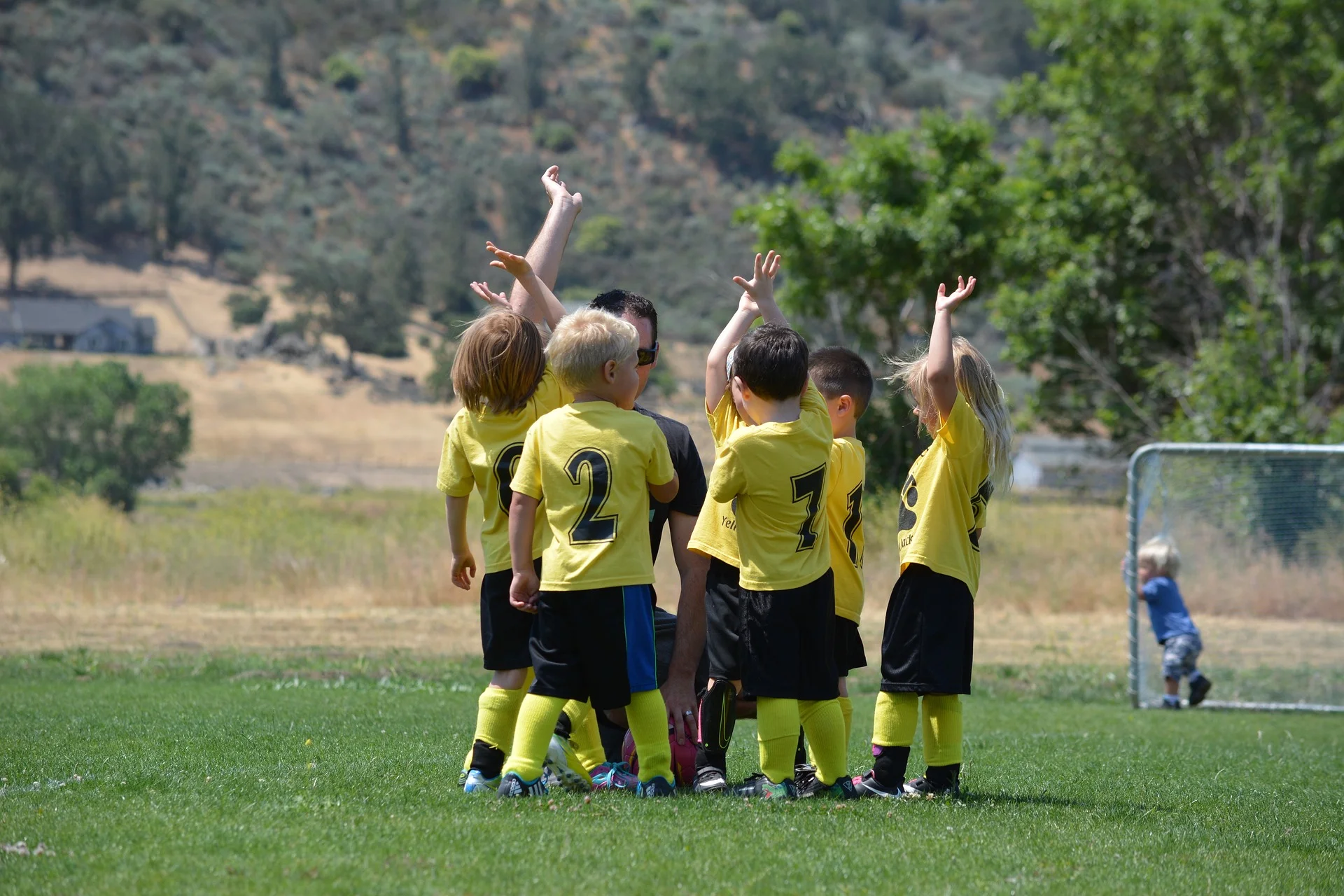Successful and agile teams don’t just happen overnight, they are built by having a strong environment that fosters collaboration, encouragement, and inspiration. In other words, empowerment.
In our personal and professional lives, we regularly encounter situations and relationships that require us to work closely with others. Sometimes it’s for a short-term project, and other times it’s for the long haul. Often, we have specific and/or difficult goals to achieve – usually within a tight time-frame, which can add significant stress to anyone! These are the times that we need to empower others, but that doesn’t come easy for a lot of people.
The difference between delegating and empowering
There is always a risk involved in empowering someone else, but it is a necessary risk and should be planned out thoughtfully. In the past, there have been situations where I have personally found it difficult to empower others for this reason. My own fear of a negative outcome has sometimes caused me to only empower others with mundane tasks, and I have chosen to take on the majority of the decisions or duties myself. This is a sure recipe for burn-out. Similarly, we are often guilty of simply delegating random tasks to others, where we hand over a “to-do” list without offering any support, information, or follow-up. Although this may help reduce burn out, telling people what to do certainly doesn’t make for a strong or collaborative team, and it’s the opposite of an agile team environment. In mountaineering for example, when people are exhausted, hungry, and every bone aches, being able to encourage one another, share the duties, and trust that they have your back makes all the difference between a successful or failed expedition.
Create learning opportunities
It’s important to give others an opportunity to be heard, have input, make decisions, initiate a course of action, and troubleshoot problems. This is how people grow and learn – not by reading a manual (although they, too, have their place). When we entrust others with important jobs, and tell them directly “You’ve got this”, we naturally increase others’ loyalty, confidence, and motivation. They may be worried about failing, or ask lots of questions, but that’s all part of the process.
Ideally, the key to empowering others is to start small – with a gentle approach. Assign a clear responsibility or job, and offer encouragement and feedback along the way. Be a role model for the behaviours and attitudes you expect to see. Make it clear that you are giving up control – just hand over the reins. Mistakes may be made, and that’s OK. Each mistake is a learning opportunity, getting us closer to the goal in the long run. When those mistakes happen, one of the worst things we can do is react with anger or negativity, as this causes people to back away from any future chances to take on responsibility – and stops growth and positive energy dead in its tracks. Instead, review the mistake, and let them share with you their ideas for ways to solve it. Share your knowledge and your wisdom freely.
Moving upward and onward
Most of us can easily recall times in our lives when we have had a task assigned (or thrust upon us) that we didn’t think we could manage. Looking back, there was likely someone who empowered you, but what’s most important is that they didn’t do it for you. You did it all on your own and that’s what made it so meaningful. Lately we’ve heard a lot about “helicopter parents”, who want to make their kids’ lives easier by hovering over their kids and doing everything for them. They believe that their children will have a better quality of life if there are no obstacles or difficulties, so they wind up adding stress to their own lives by doing their kids’ homework for them, calling in sick on their behalf, and restricting them from many of life’s grand adventures. Although this is well-meaning, it doesn’t allow for personal growth or empowerment, and only delays the inevitable twists and turns that life will always throw at us. We need to be agile, flexible and open-minded to whatever comes our way; that’s how we build resilience and confidence.
Empowering others is something we can all do in our lives; we don’t need to be a big boss. Our skills, experience and knowledge can help others along in their journeys, and by letting others know we believe in them, it not only shows commitment, but also greater understanding of how we can all help make the world we live in a better place, one word of encouragement at a time.
“It’s not the tools you have faith in – tools are just tools – they work or they don’t work. It’s the people you have faith in or not.” –Steve Jobs


